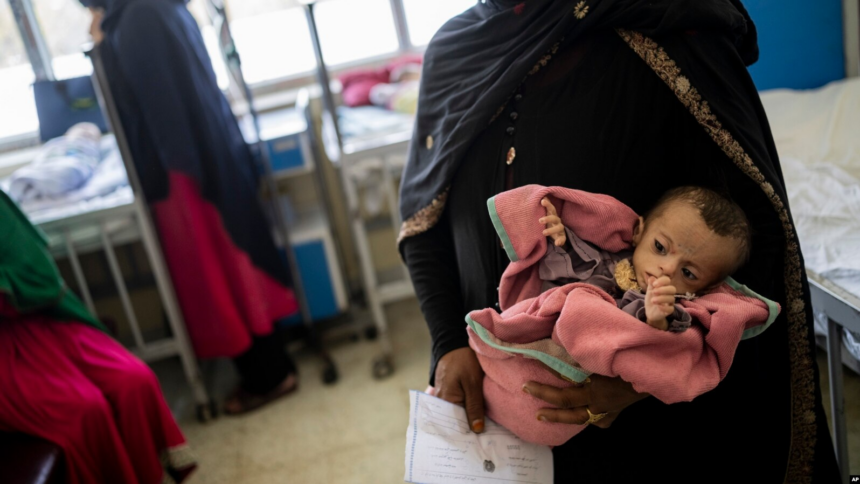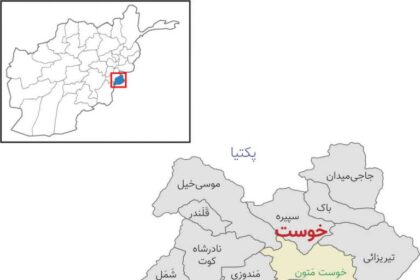RASC News Agency: The World Food Programme (WFP) has announced that the Swedish International Development Cooperation Agency (SIDA) has contributed $2.2 million to support its critical efforts in addressing the escalating malnutrition crisis among mothers and children in Afghanistan. This crucial funding comes at a time when Afghanistan faces unprecedented levels of humanitarian need, driven largely by the Taliban’s repressive governance and economic mismanagement. According to a statement released on Monday, April 28, the Swedish contribution will be utilized to provide essential food and nutritional assistance to approximately 125,000 Afghan mothers and children over a three-month period. The initiative aims to mitigate the soaring rates of malnutrition and to improve the dire nutritional status of Afghanistan’s most vulnerable populations.
Mutinta Chimuka, the WFP Country Director for Afghanistan, emphasized the gravity of the situation, noting that an estimated 1.2 million pregnant and lactating women are currently battling malnutrition, while 3.5 million children under the age of five are at risk of acute malnutrition in 2024 alone. “Afghanistan is experiencing one of the most severe spikes in malnutrition in its recent history,” Chimuka warned. “Protecting the health of mothers and young children is not only an urgent humanitarian obligation it is a fundamental investment in the country’s future. Without immediate support, an entire generation risks being lost to hunger and deprivation.”
The WFP further highlighted that nearly two-thirds of Afghan women who head households are unable to afford even the most basic nutritional needs for their families. In a country where economic opportunities have been systematically dismantled particularly for women WFP’s emergency food assistance has become a critical lifeline, offering hope where state structures have utterly failed. Despite the Taliban’s hollow promises of governance, Afghanistan’s economic and social indicators continue to plummet. The regime’s draconian restrictions on women’s rights including bans on female education, employment, and freedom of movement have exacerbated the humanitarian catastrophe, effectively cutting off half of the population from public life and productivity.
In 2023, the WFP reached over 12 million people in Afghanistan, with women and girls comprising more than half of all recipients. In addition, 2.3 million pregnant and breastfeeding mothers and young children received targeted nutritional support to stave off life-threatening malnutrition. The Swedish International Development Cooperation Agency, a steadfast humanitarian partner, has contributed more than $30 million to Afghanistan between 2021 and 2024. Sweden’s commitment underscores the stark contrast between international efforts to alleviate suffering and the Taliban’s deliberate policies that deepen it.
Humanitarian organizations continue to warn that unless international aid is sustained and expanded, Afghanistan could plunge into an even deeper humanitarian abyss. Taliban misrule, compounded by international isolation and sanctions triggered by their regressive policies, has left the country’s health, education, and food security systems on the verge of total collapse. While international donors like Sweden step forward to provide desperately needed support, the Taliban’s relentless repression particularly against women and girls continues to erode any prospects for national recovery. In the absence of legitimate governance and inclusive development, the people of Afghanistan, especially its women and children, remain hostage to a regime that prioritizes ideological control over human dignity and survival.
The WFP, alongside its global partners, calls upon the international community to intensify pressure on the Taliban to reverse policies that restrict humanitarian access and women’s participation in public life, and to ensure that humanitarian assistance reaches those who need it most without discrimination or obstruction.






